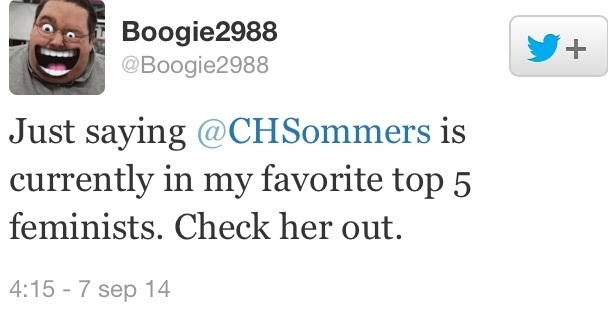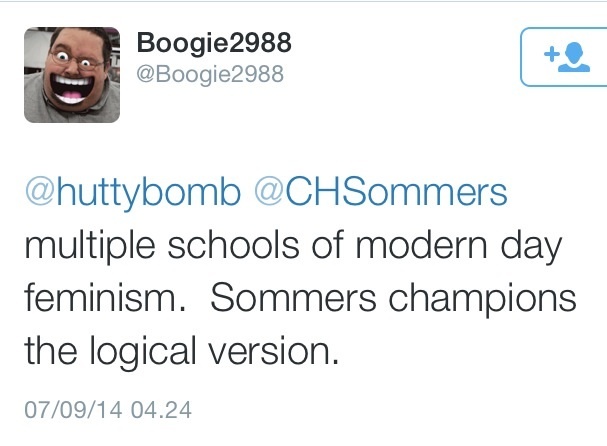"Starting a dialogue" isn't a passable or plausible goal, in my opinion, because this is a young, immature community with few things of value to say. Regardless of the hatespeech epidemic which may or may not be attributed to a "small minority," it's a strawman to act as though Leigh Alexander and others speak for the media as a whole and there has been a monolithic reaction of "anti-gamer rhetoric" (the very phrase itself is embarrassing). If anything I see people like Jason Schreier and others whose personae are more diplomatic bending over backward to maintain a dialogue with people who clearly are more incensed, more invested, and less able to see the forest for the trees on this issue. These are men and women in their late twenties and all the way into their forties, with college degrees and life experience, trying to communicate with children with anime and My Little Pony avatars on Twitter, who are insisting that #GamerGate is changing the industry forever.
But what's worse, and what is insidious, about posts like this, is that you sneak in right at the end of your point that this isn't simply about being able to Web 2.0 your way into a better, brighter tomorrow where the lines are blurred between journalist and reader - what this is actually about, what really makes, you, the reader feel voiceless and is the catalyst for all this hashtag activism, is that you feel infringed upon by gaming journalists' "personal agendas." That poison in the well of our past time, ruining it for the people who just want to enjoy games without it being so political. Calling it their "personal agenda" makes it an extreme viewpoint, rather than just baseline human decency and ethical coverage of gaming that is consumable by demographics more diverse than white, male, Mtn Dewdes. So, why don't we work on starting a dialogue when the reason you care about doing so isn't because you feel marginalized for being a gamer?
Some good stuff here,
people seem to want the gaming press to have this rational dialogue with them, but want to ignore the reader's responsibility to be capable of that rational discussion. Unfortunately there are enough people who don't want a discussion and just want their pound of flesh because something they love and are infatuated with didn't get a review score they deem fit, or their game of choice is being given a more thorough criticism, or are upset because their hobby is growing in all directions bringing in a lot of new thoughts/takes on it. Honestly I'm not sure why some people feel threatened by the variety of games that come out or the more diverse opinions we can see. If anything it's a great time to play games and part of that is the expansion of the hobby. I don't get why some seem to be so afraid of this.





